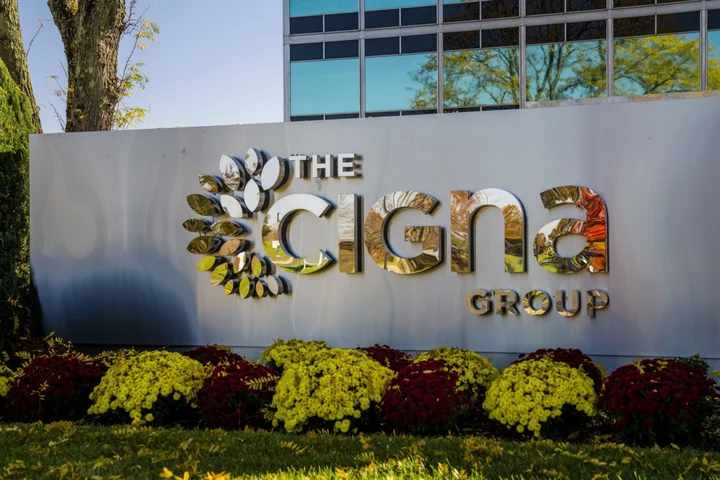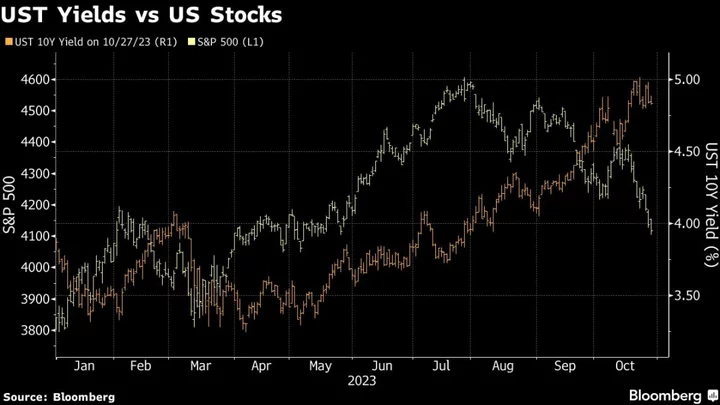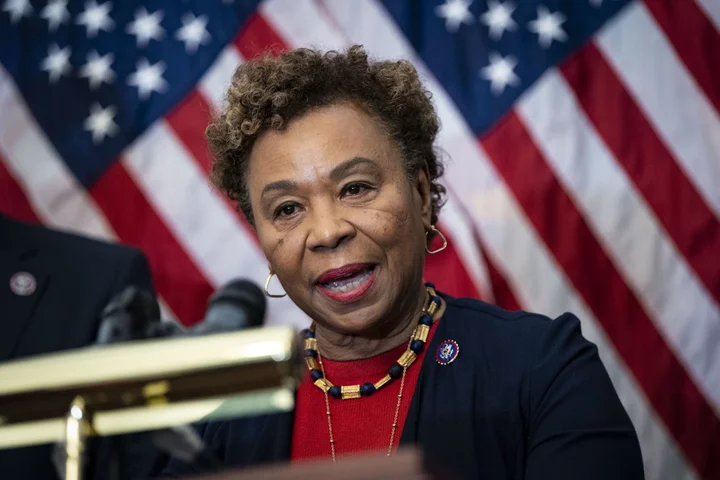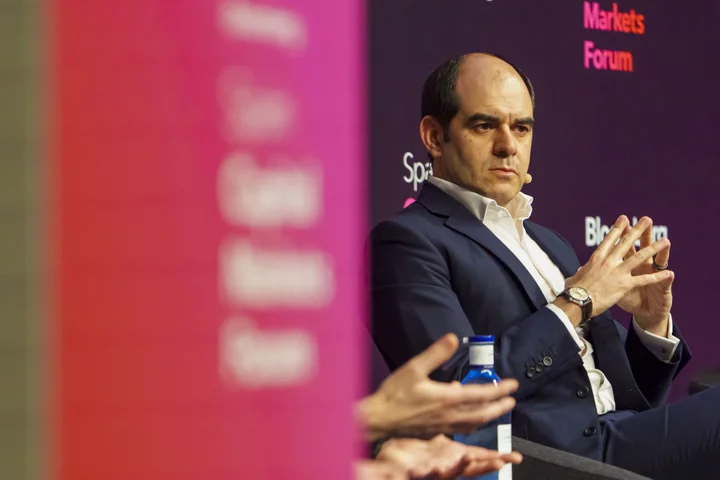Cigna Group’s potential tie-up with Humana Inc. would almost certainly face the kind of tough antitrust scrutiny that has derailed other health insurance mega-mergers.
In recent months, Cigna has been taking steps to get around that hurdle by shopping its relatively small Medicare Advantage business, a move that made little sense on its own before news broke of the Cigna-Humana talks.
That business has drawn interest from potential buyers including Health Care Service Corp., according to people familiar with the matter who asked to not be identified because it isn’t public.
Representatives for HCSC and Cigna declined to comment.
A sale of Medicare Advantage would remove one obstacle to a tie-up between Cigna and Humana, a combination sure to face antitrust scrutiny, given reviews of earlier proposed mergers among big health insurers. Those include Cigna’s own 2015 deal with Anthem Inc. that was blocked by a US Justice Department lawsuit.
Talk of Cigna selling its Medicare Advantage business broke with a Reuters report in early November. On its own, the move seemed to contradict the company’s long-term vision. Cigna has told investors that Medicare will be an important source of its growth for years to come.
The Connecticut-based insurer is a relatively minor player in that business, with fewer than 600,000 Medicare Advantage enrollees as of March, according to data from health researcher KFF. Humana, meanwhile, is the second-largest, with more than 5 million members, and its business is largely focused on Medicare.
Humana decided this year to wind down its employer health insurance business, which had about 700,000 members as of September. At the time, the company said it didn’t advance Humana’s long-term strategy. Whether it was planned at the time, the decision will remove one area of potential overlap with Cigna, whose medical benefits business is focused on employer coverage.
Even with those changes, a combination between Cigna and Humana would face regulatory hurdles. Cigna’s Express Scripts unit is the second-largest pharmacy benefits manager with about a quarter of the market, while Humana is the fourth largest, according to the Drug Channels Institute.
Both companies already participate in a joint drug purchasing entity called Ascent Health Services. Such organizations, along with the pharmacy benefits managers that formed them, have drawn increased attention from officials concerned about opaque layers in the pharmaceutical supply chain. The Federal Trade Commission has subpoenaed Cigna, Humana and Ascent along with other entities as part of an investigation into prescription drug middlemen.
Author: John Tozzi, Michelle F. Davis and Gillian Tan









